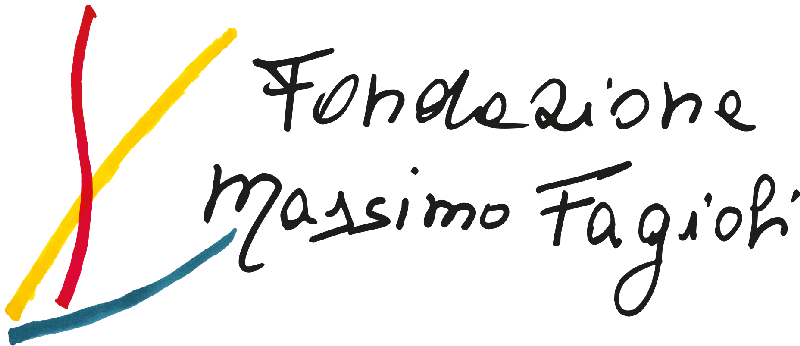A primary care paediatrician invites three psychotherapists to her medical practice, all of whom, in their work refer to the psychiatrist Massimo Fagioli’s Human Birth Theory.
This theory sees the newborn as a unit, its body is a material reality and a non-material reality: “the mind is body”.
At its birth, the newborn has its own healthy human identity which is still fragile and needs to develop.
The objective of our project is to observe and to comprehend the physiological and mental aspects of a human’s first year of life during the developmental stages.
By paying great attention to this development and bringing together all our single competencies, it is possible to have a complete picture of the child in its different physical and emotional phases of development. This also means we will observe the mother-child relational dynamics, the child’s other important relationships and the environment where the child lives.
This vision of the developmental stages underlines the importance not only of psychological development, but also the quality of the interpersonal relationships which allow for the harmonious growth of the child.
In the future we will have information meetings with parents aimed at changing the predominant cultural idea towards children; which unfortunately is still far from recognizing each child’s individual subjectivity and identity.
References
- Fagioli, M. (2017). Istinto di morte e conoscenza (1972). Roma: L’asino d’oro edizioni.
- Fagioli, M. (2011). La marionetta e il burattino (1974). Roma: L’asino d’oro edizioni.
- Fagioli, M. (2012). Teoria della nascita e castrazione umana (1975). Roma: L’asino d’oro edizioni.
- Fagioli, M. (2013). Bambino, donna e trasformazione dell’uomo (1980). Roma: L’asino d’oro edizioni.
- Kliegman, R.M., St. Geme, J.W., Blum, N.J., Shah, S.S., Tasker, R.C., Wilson, K.M. (2019). Nelson Textbook of Pediatrics. Philadelphia: Elsevier.
- Stern, D.N. (2012). Il mondo interpersonale del bambino. Torino: Bollati Boringhieri.
